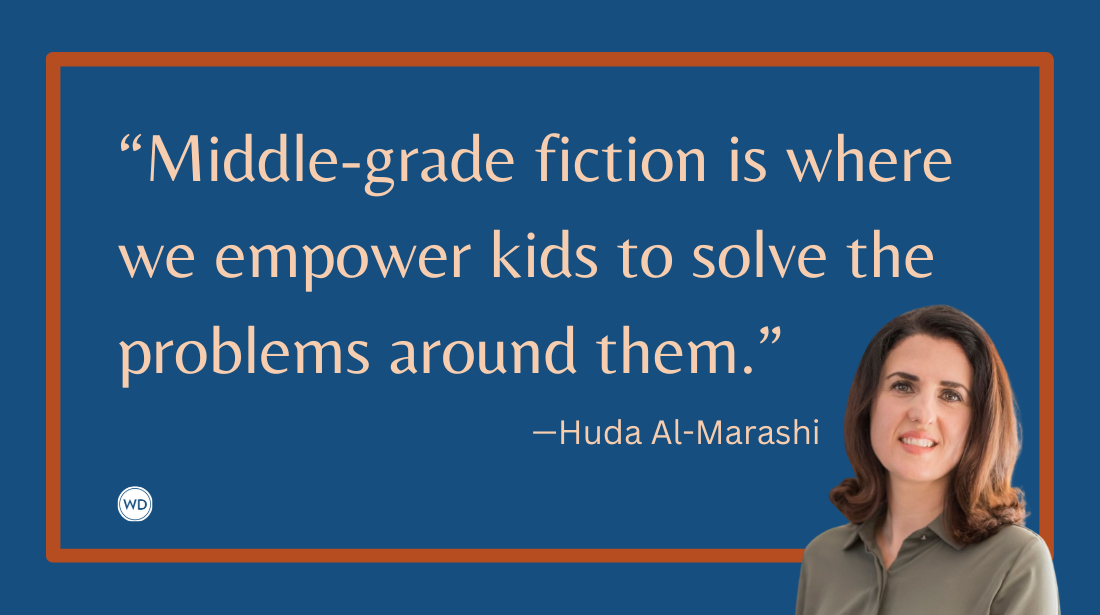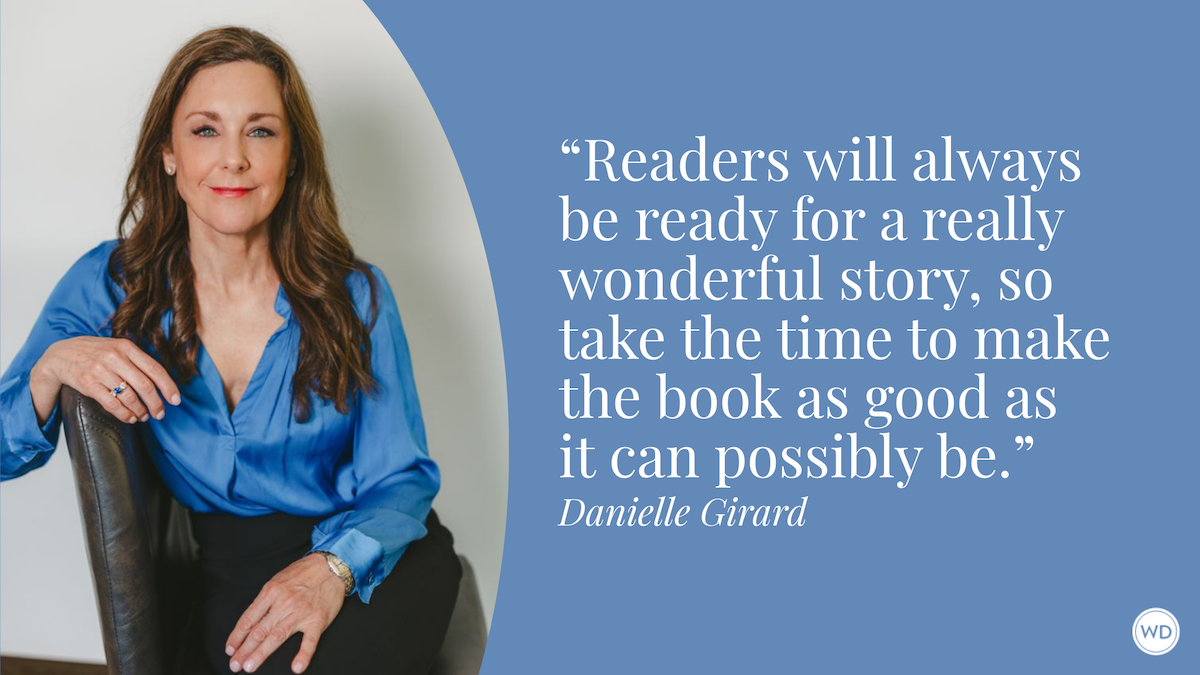A Demon for Your Thoughts: Writing Humor That Bites
Author E.L. Deards discusses leaning into her humor, especially her sarcastically dark humor (with a few puns) for her novel.
For most of my life, humor has been how I connect with people. As an autistic person, I’ve always struggled with knowing whether someone enjoys being around me—but if they laugh, I know I’ve done something right. Even now, my main criterion for friendship is, bluntly, “Do they think I’m funny?”
There’s something deeply joyful about making someone laugh—a moment where I can feel seen, valued, and understood on my terms. It’s one of the few things in life that has always felt like mine. But until recently, I never really let that part of myself loose on the page.
My writing has always had snips of humor, but The Lavender Blade is the first time I truly gave myself permission to be funny. Really funny. I credit Mary Kole, my editor who read a draft of my first novel, Wild With All Regrets and said, “You know you’re hilarious, right?” and encouraged me to lean into it. So I did. I went all in.
The result? A gritty, emotionally rich fantasy novel—that also happens to be full of ridiculous puns, absurdist moments, and an exorcist who’s more of a con artist than a cleric.
I didn’t approach this book with a joke formula or a plan. I write the way I talk—fast, sharp, sometimes spiraling into nonsense—and the humor just emerges. I don’t test punchlines or map out comedic beats. If a scene is funny to me, it stays. That’s it. I’ve always used humor as a kind of language, and I think readers can tell.
The world of The Lavender Blade is brutal, unjust, and strange—so the humor isn’t just for fun (though it is fun). It reflects how I’ve always dealt with hard things: by making them funny. That impulse to find the darkness, spin it into absurdity, and find a glimmer of joy in it. Humor has always been my little lantern, I think.
And while I don’t plan much of the humor in my work, I do get a massive thrill out of hearing someone laugh or snort at something I wrote. During our final pre-printing edit, my mom kept texting me about little jokes and easter eggs she hadn’t noticed before. That kind of delayed laugh? Delicious.
The book’s voice is shaped most clearly through Colton, our reluctant, sarcastic exorcist with a strong sense of theatrics and absolutely no patience for nonsense—especially when that nonsense comes in the form of a gleaming golden-haired aristocrat named Lucian. Colton emerged very naturally: this sardonic, long-suffering guy who just wants to do his job, get paid, and not end up cleaning blood off his cloak for the third time that day.
Lucian is the absurd element. He’s the beautiful, pun-obsessed aristocrat who seems genuinely delighted to be co-running a fraudulent exorcism business with a man from the slums. Colton is his foil—the man trying to survive both the haunting and the partner who insists on wearing capes. Together, they create a dynamic I love: Lucian makes things bigger, weirder, and more unhinged, while Colton reacts with weary disbelief and razor-sharp sarcasm.
My favorite running joke? Colton’s horror at Lucian’s puns. There’s something deeply satisfying about a character who can face ghosts and blood rituals with a straight face, but completely loses composure when someone says something like “a demon for your thoughts.”
And yet, Colton’s humor isn’t just a personality quirk—it’s a shield. Most of his sarcasm is a front, a way to keep people at a distance in a world that’s hurt him over and over. But underneath it, he’s deeply nurturing. He genuinely cares about the people around him, and he wants to make them laugh too. That’s probably where he and I overlap most. Humor might start as a defense, but it becomes connection. When Colton lets his guard down—when he lets someone in—he’s still funny. He just aims it toward comfort instead of escape.
It’s tricky, balancing real emotional weight with comedy. The Lavender Blade deals with trauma, classism, addiction, grief. And yet I think one of the things that makes the darker moments work is that the book never forgets how to laugh. I didn’t want to write a world that was all grimdark gloom—I wanted to write characters who coped with misery the way I do: by making fun of it. Or, in Lucian’s case, by offering an artisanal cheese board and a bottle of hallucinogenic wine.
What’s surprised me most is how many readers connect with that balance. People laugh, and then cry, and then laugh again. That emotional whiplash—the way humor softens the blow of truth—has always been the kind of story I love. I just didn’t realize I was allowed to write it that way.
Turns out, I am.









